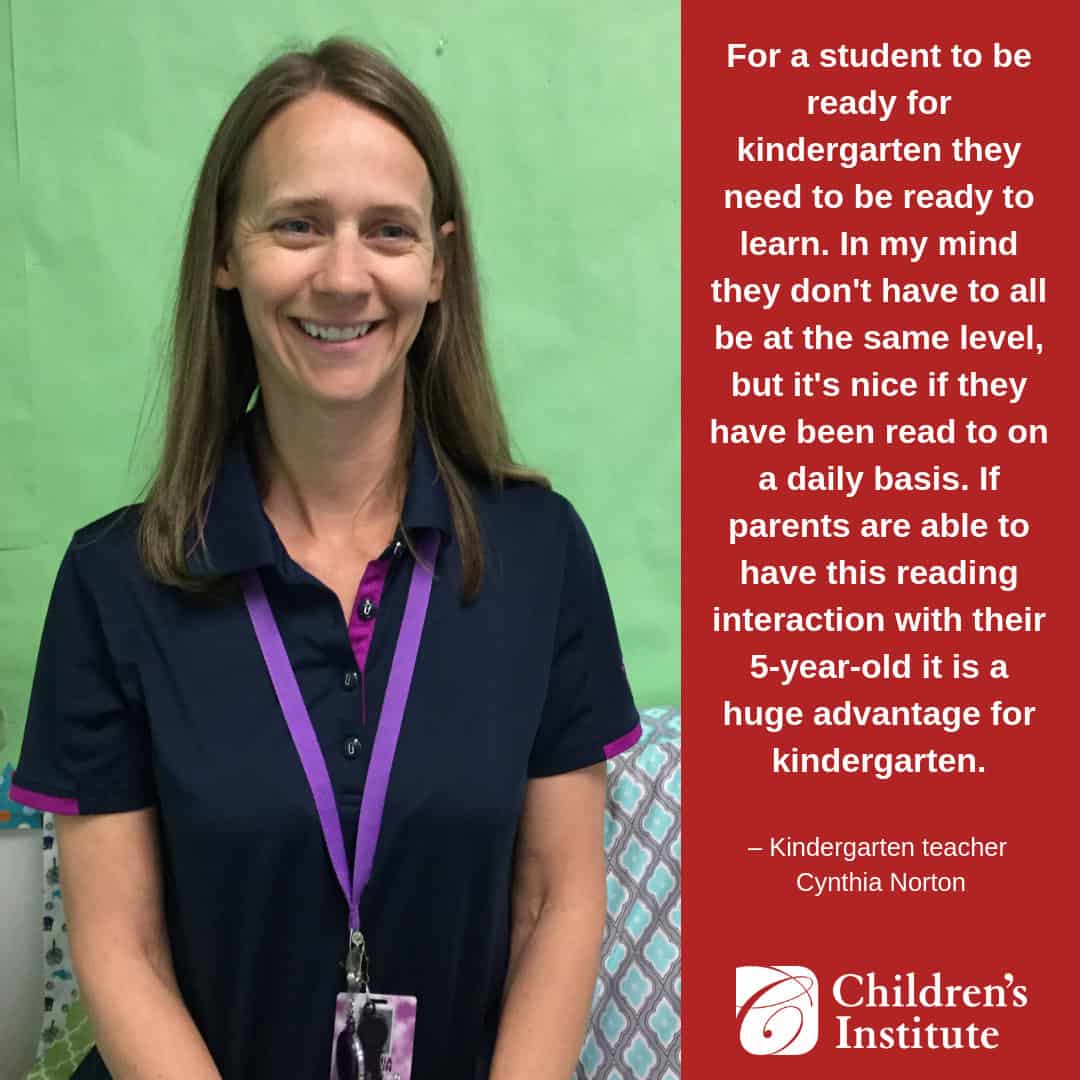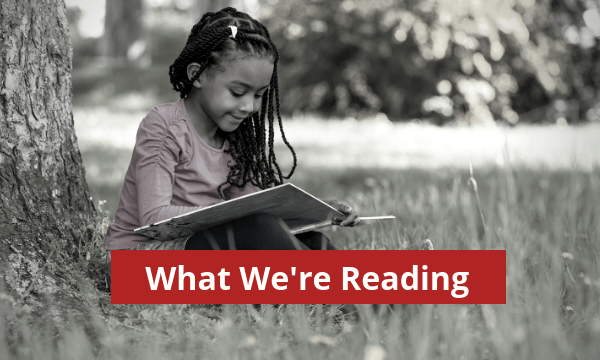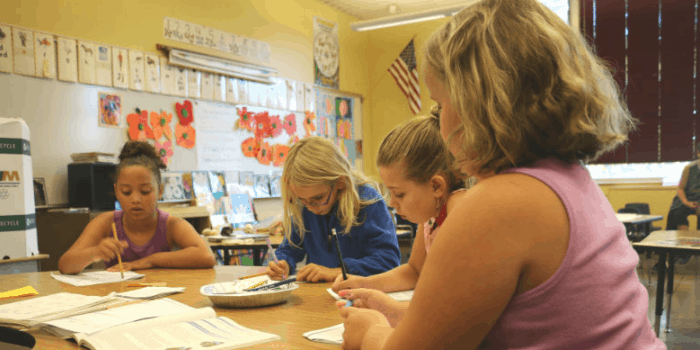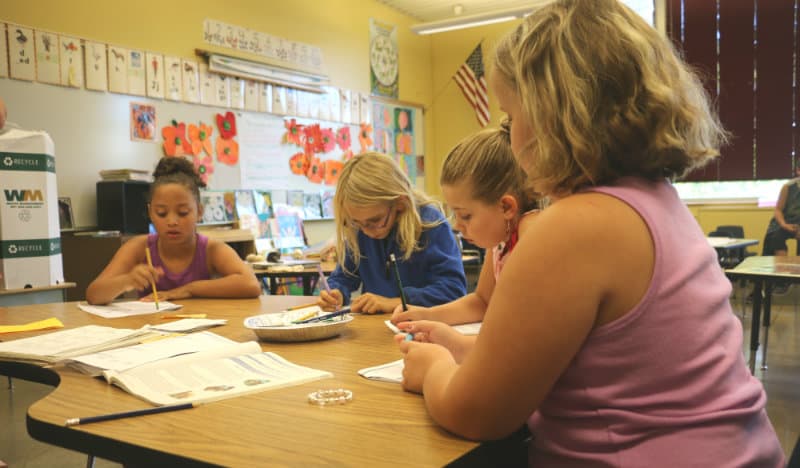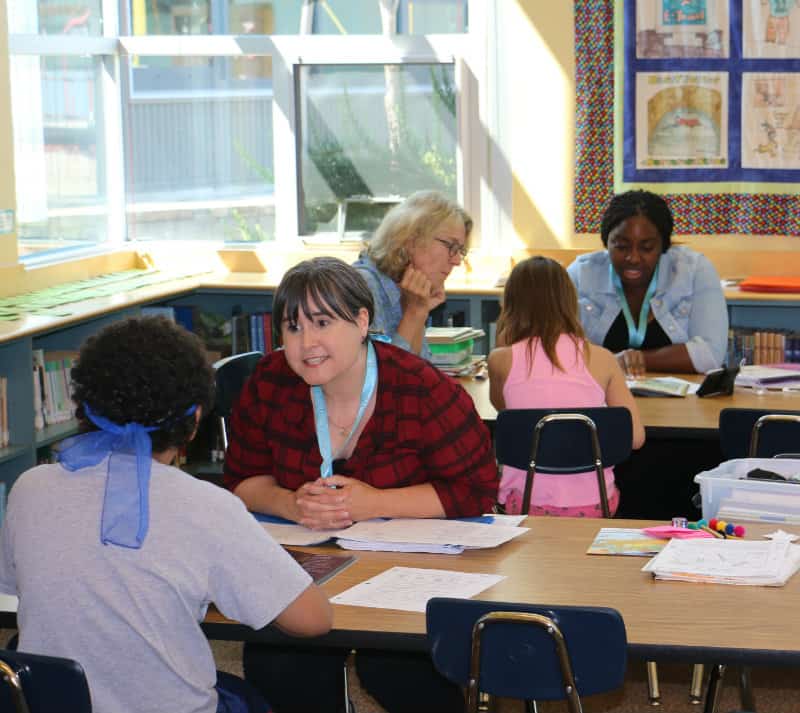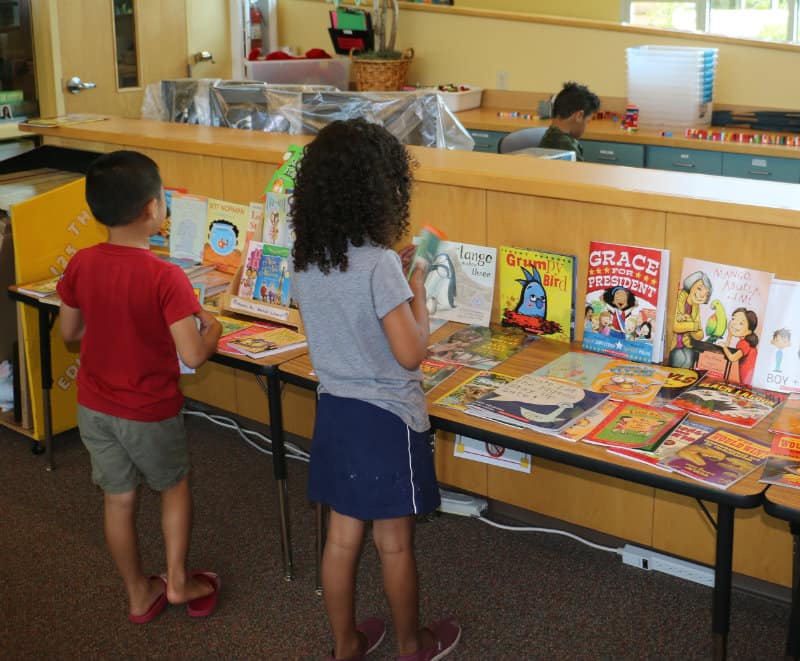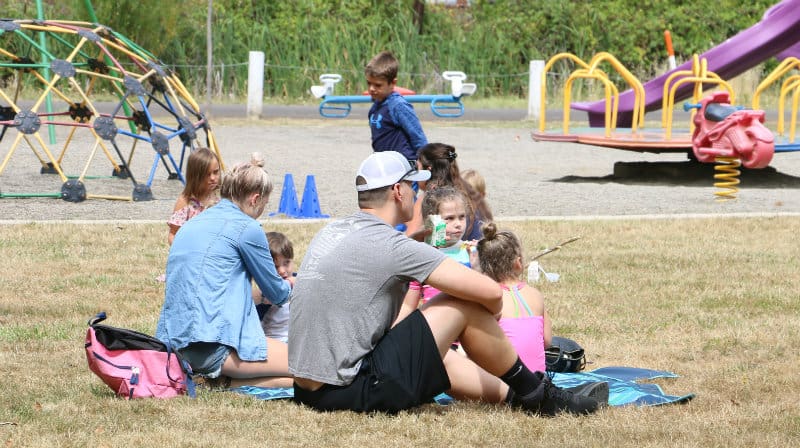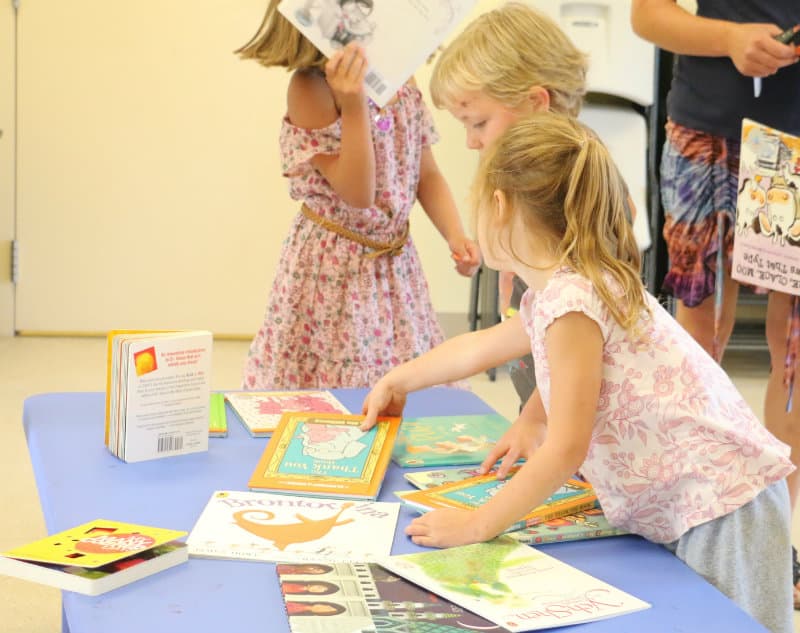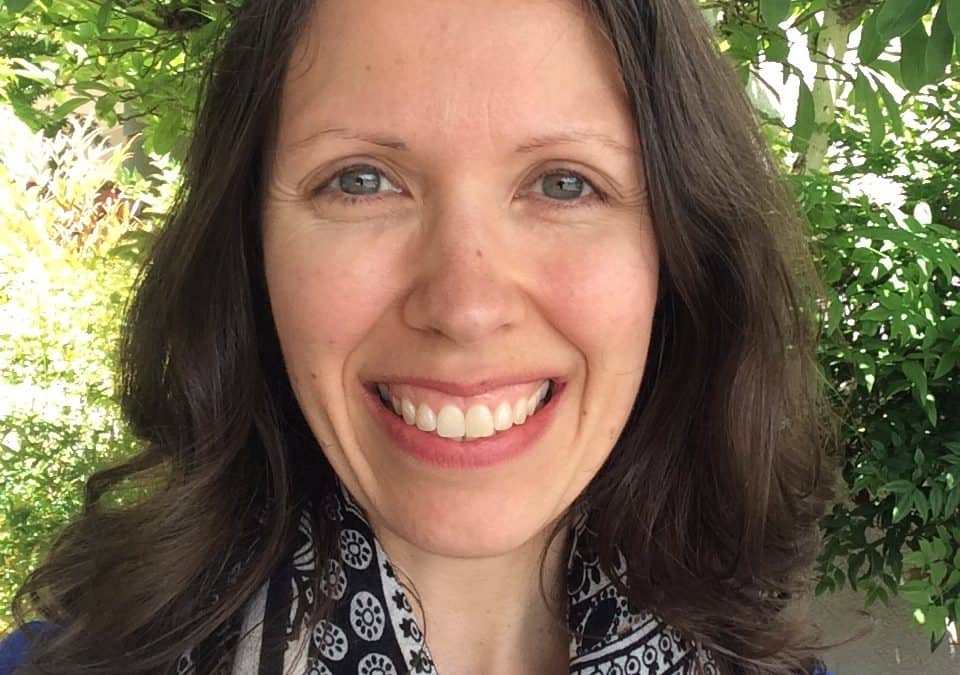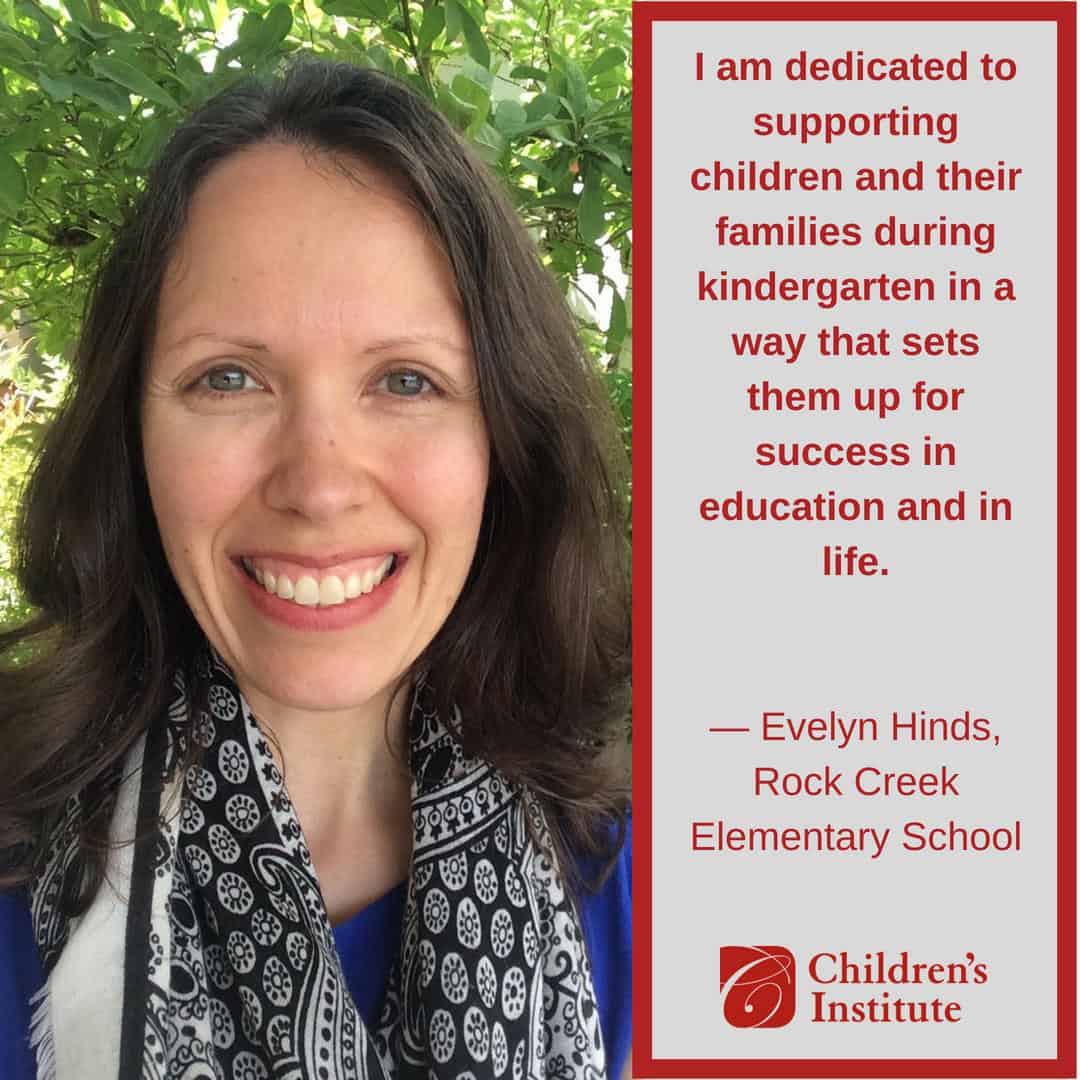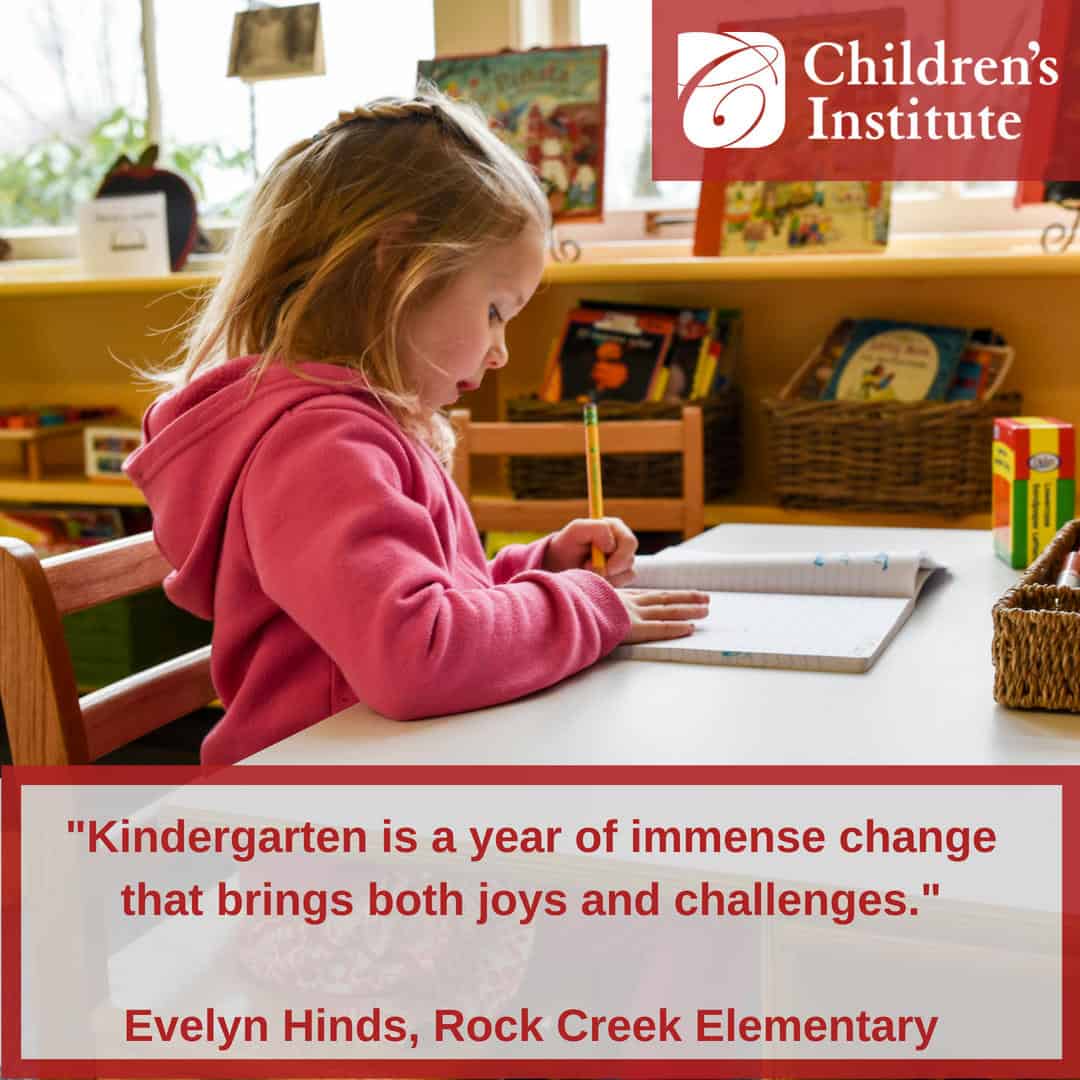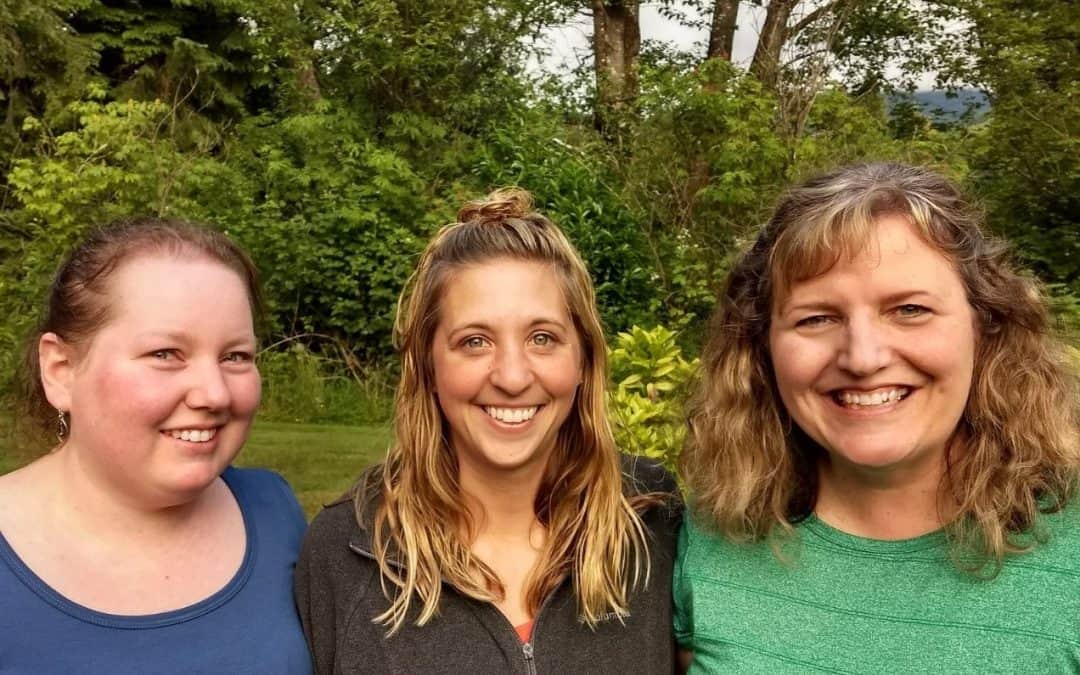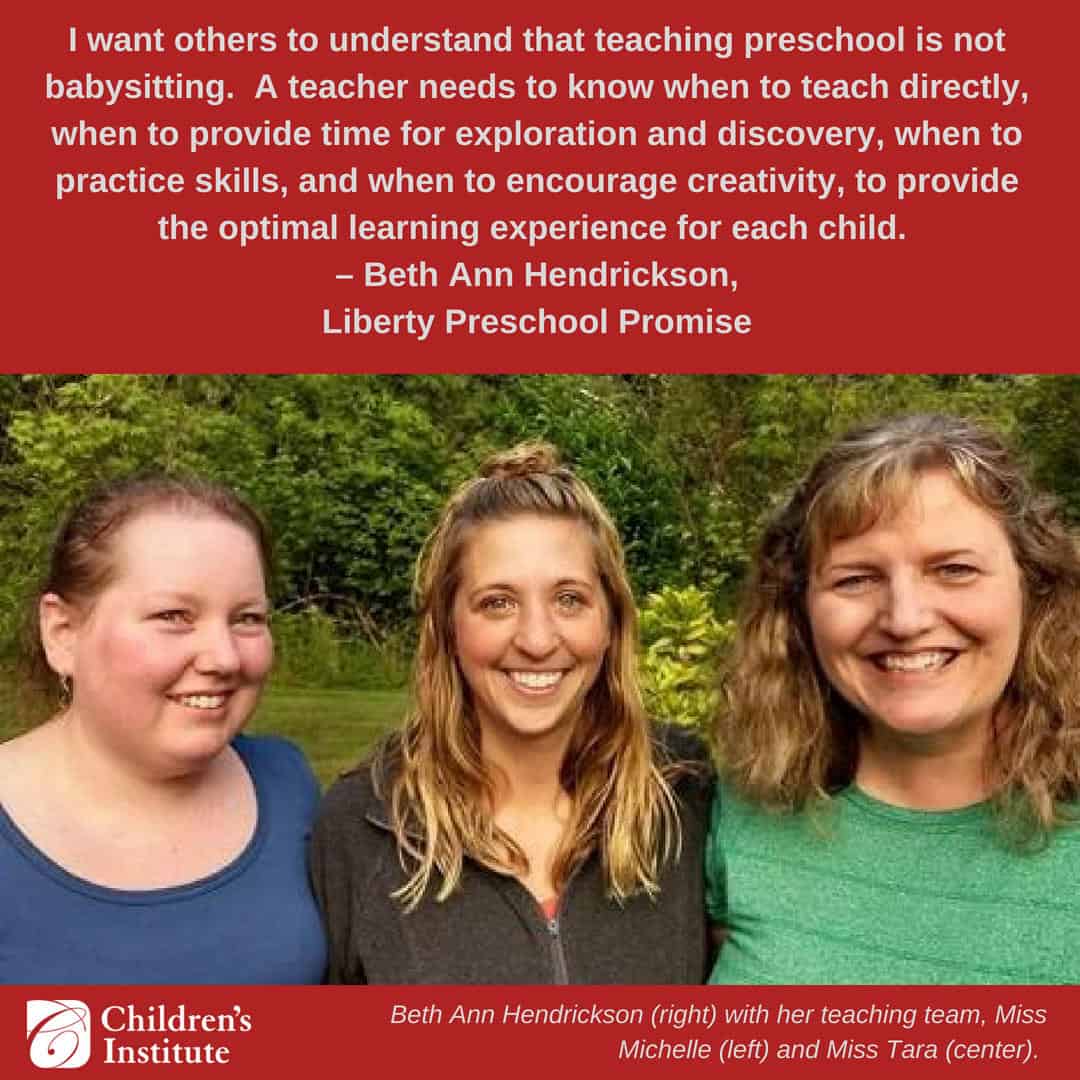There are numerous incidents throughout my teaching career that have impacted me as a teacher. The first time I experienced dropping my child off at school was an eye-opening experience. Michelle, my daughter, was very excited about her first day of school until we walked into the classroom. She clung to me while her younger brothers scampered to play with all the new toys. Amidst the confusion, I vaguely recall her teacher assuring me that if I’d leave, everything would be fine. My heart stopped cold—not too long ago I also used those very same words to “comfort and assure” parents. With a heavy heart, I gathered up the boys, disentangled myself from my daughter’s tight embrace, and trudged back to the car. I alternated between feelings of grief, anger, guilt, and even jealousy all the way home. The gloomy atmosphere didn’t improve back at home. The boys didn’t fully comprehend why Michelle couldn’t come home with them when she didn’t want to stay at school. I have since learned to prepare parents and families for this in my conferences with them before their child starts preschool. Oh, and Michelle did enjoy school that day.
Another important moment for me as a teacher occurred during a listening/following directions activity. Three girls were working on the activity, which asked them to draw a bird under a tree. Two of them held up their completed pictures of a tree with a little bird under the branches and quickly scampered off to play. I then focused on the third young lady, who had been diagnosed with autism spectrum disorder. I watched her meticulously draw a beautiful bird with every detail imaginable, and then proceed to draw an equally fabulous tree right on top of the bird, completely covering it. I was astounded and asked her to describe her picture. She looked at me with an equally astounded look, held up her picture, and said, “This is a picture of a bird under a tree.” It took me a moment, but then realized that she was indeed following my instructions; however, she was thinking differently than most children. She was layering the tree on top of the bird, so the bird was indeed under the tree. She has taught me to “think out of the box.” This isn’t the first time this has happened in my teaching career, but it’s a wonderful reminder to think beyond what is accepted as the “norm.” I have since learned that I have to think carefully about how my instructions can be interpreted and carried out and not to make snap assessments when I see the results. I now pause and take a moment before responding to most anything.

